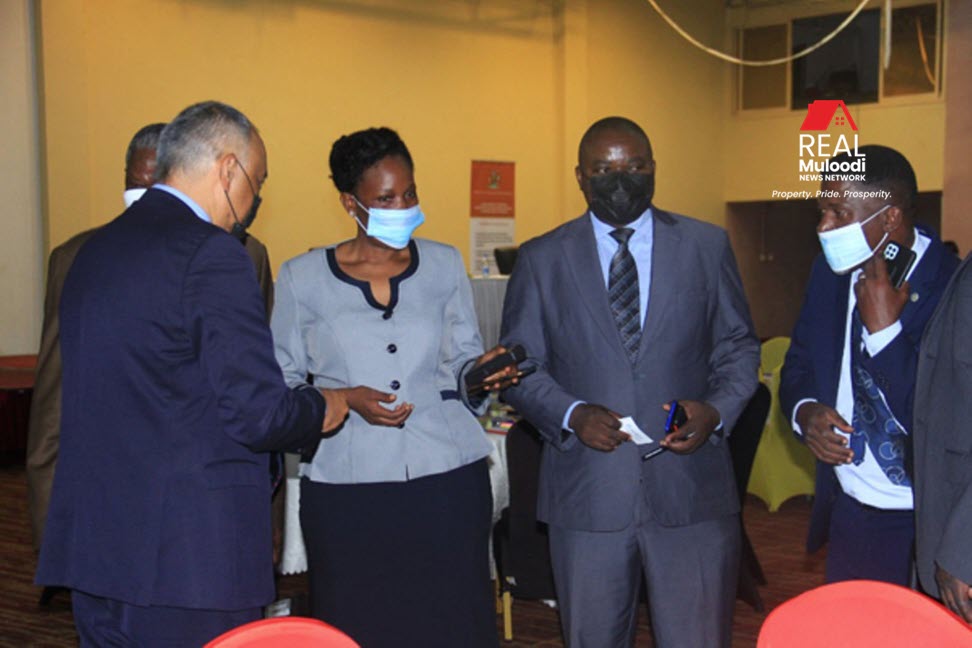UGANDA, Kampala | Real Muloodi News |The Ministry of Lands, Housing and Urban Development has said that upcoming slums in Uganda’s 10 newest cities will be upgraded into modern urban settlements for low-income earners.
While opening the mid-term review workshop for the World Bank-funded, Uganda Support to Municipal Infrastructure Development Programme (USMID), Ms Judith Nabakooba, the Lands Minister, said that the slums have developed because of low-income earners have migrated to the cities in search of jobs.
“Recently, 10 municipalities were upgraded into cities and because of their creation, the coverage in kilometres expanded. We have slums where low-income earners migrate to the city to work,” she said.
Ms Nabakooba was asked why they have allowed slums to develop in the administrative areas.
She responded that they have been having challenges with land regularisation but they have taken up a campaign to upgrade them into urban settlements.
The government plans to construct roads, solid waste facilities, pedestrian lanes, beautification in the new cities, and extend the same in refugee-hosting communities.
Mr Obiga Kania, the State Minister for Housing and Urban Development, said that the slum situation is due to a poor attitude towards physical planning in rural and urban areas.
He adds that slums affect the implementation of the Parish Development Model (PDM) because the land has been divided into small units.
“Where will you build the houses, the city or district headquarters, where will you put the animals, where do you cultivate? Where do you build roads or footpaths? That is why you find the area disorganised,” he said.
In a similar workshop, Ms Nabakooba said 18 per cent of the country’s urbanisation rate needs immediate attention to avoid slums.
“If deliberate strategies are not put in place to deal with it, our nation will end up in a slum,” she said.
Ms Nabakooba said the National Development Plan III marks a high rate of urbanisation as the key driver for social-economic transformation.
“We have more to do if we are to gain from the potential of wealth creation in urban areas,” she said.
Ms Nabakooba also said that her ministry is underfunded, yet it contributed more than 70 per cent of the country’s annual/yearly Domestic Product.
The minister added that although USMID has tried to fill the gap of little funding, housing, poor road network, and waste management in urban areas, emerging cities are still a challenge.
“While the programme upgraded and tarmacked 200 kilometres of urban roads, this is less than 5 per cent of the urban road network in the country,” she said.
Ms Nabakooba also said that the support for waste management and collection in municipalities is less than 40 per cent.
Ms Susan Okalany, the Ministry’s Permanent Secretary, revealed that the project, which started in 2013, will end in 2023.
READ MORE LIKE THIS:
Mbarara City to Restore Damaged Green Cover at Independence Park
Gov’t Soon to Release Funds for Administration and Development in Struggling New Cities



